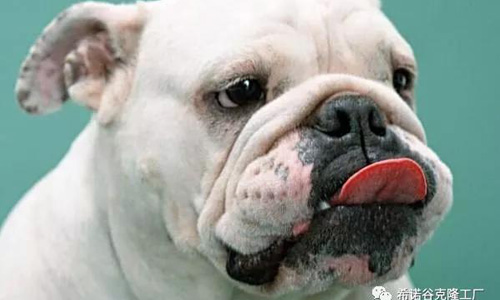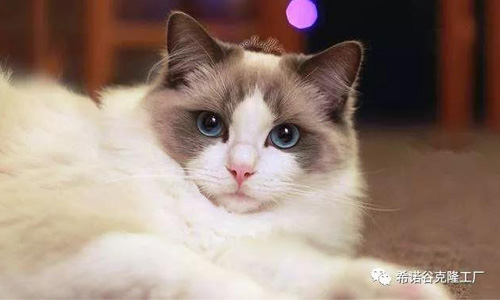
Many pet owners or related practitioners may have questions like this:
"Since you can clone dogs and cats, it should be easy to clone other animals, right?"
"Why not clone more kinds of animals, such as birds, rabbits, and pigs?"
"Isn't your animal cloning biotechnology very mature? But why do you deliver in 6 to 10 months? Can it be faster? " and so on.

In fact, although cloning biotechnology has been conquered and mastered by many biologists, each species has its own characteristics of reproductive physiology. One of the main difficulties in animal cloning process is how to obtain mature oocytes and reconstruct embryos. Oocyte is one of the essential elements in cloning practice. Take dog cloning as an example. Dogs have special reproductive physiological structure, so hormone regulation has no effect. It is difficult to accurately determine the maturation time of oocytes and obtain oocytes.
At the same time, dogs have higher fat content in oocyte, which is sensitive to the external environment and requires a high level of in vitro operation technology. It is difficult to clone pet dog because of the difficulty of multiple technical processes. As for the cloned cat, there are also technical difficulties in how to construct a complete reconstructed embryo. Meanwhile, the apoptosis rate of the cat is relatively faster. When the body cells are sampled from the skin, the requirements for the tissue are higher. Skin tissues that have died more than 3 days have a lower success rate in establishing cell lines. In addition, Cats are animals that stimulate ovulation. Obtaining oocytes has its own difficulties.

Therefore, each kind of animal has its own technical difficulties. There is no same technical operation template to apply. If we want to develop a new animal cloning plate, we need to reinvest technical force to conquer it, which must take a long time. It also explains why it takes a certain period to deliver whether it's a cloned cat or a cloned dog. Oocytes are not acquired by acquisition. It depends on the law of reproduction and development of animals, which requires careful reserve and observation.

In addition, the cloned animals of Sinogene will not be delivered to pet owners until they grow up safely in the laboratory for two months. And the first vaccination will be made to ensure that the delivered cloned babies are healthy and immune. Therefore, choosing pet cloning service from Sinogene is also a choice of rest assured and intimate, so that your pets can accompany you forever.
